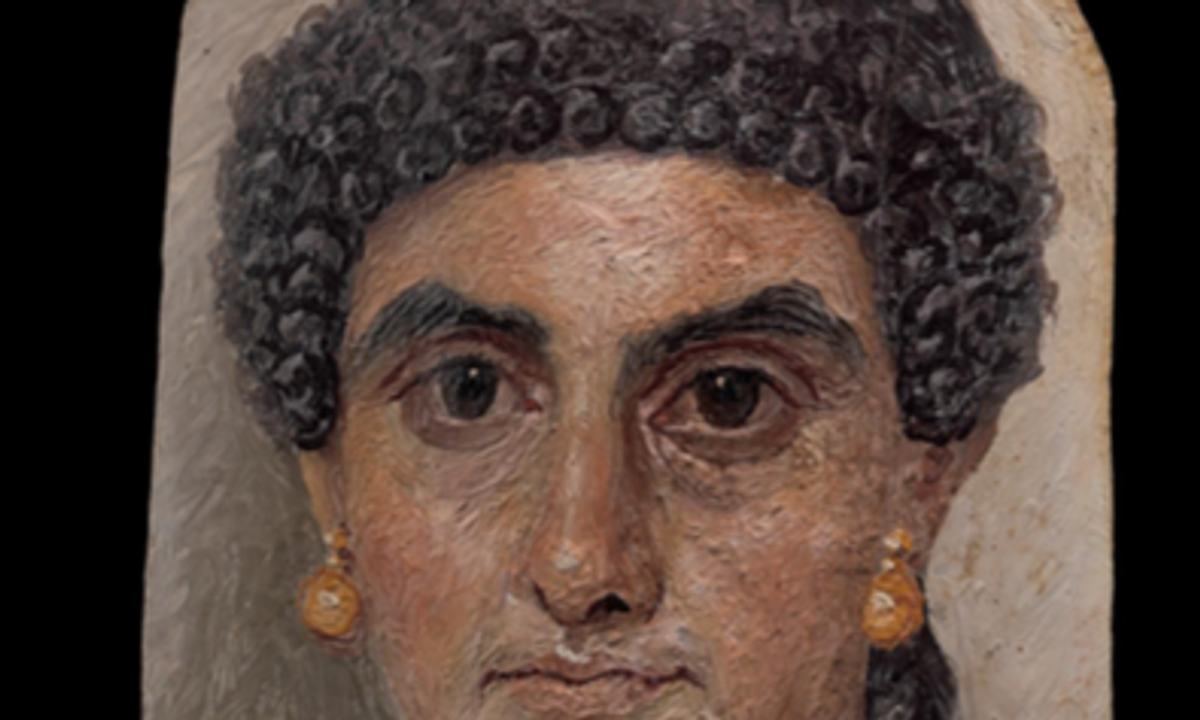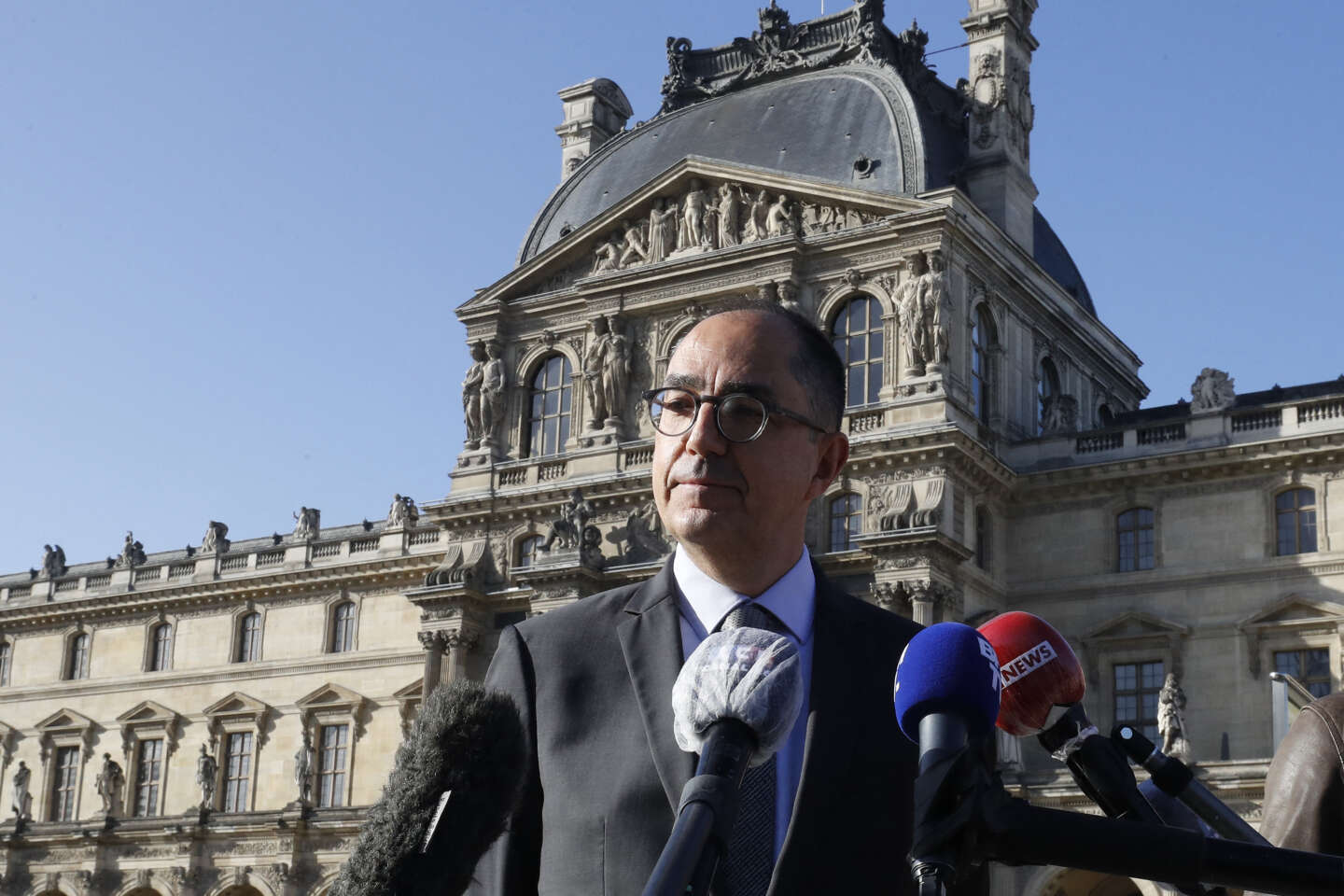Antiquities Coalition: Art World Must Remain Vigilant Against “Blood Antiquities” Threat
Statement Follows Reports Implicating Metropolitan Museum of Art and Former Louvre Director in Trafficking Conspiracy

The Antiquities Coalition commends Manhattan District Attorney Alvin Bragg for the seizure of 5 Egyptian masterpieces, worth over €3 million euros / $3.2 million dollars, from New York’s famed Metropolitan Museum of Art (“the Met”). A search warrant alleges the artifacts are evidence demonstrating “the crimes of criminal possession of stolen property” and “conspiracy to commit the same crimes.” The Art Newspaper broke the story on June 1.
The seizure is part of a wider criminal probe, involving police in several countries, that has exposed an international trafficking ring operating out of Egypt and war zones such as Libya, Syria, and Yemen. As part of this investigation, just last week, French authorities reported they are also targeting Jean-Luc Martinez, a French scholar and statesman. Martinez headed the Louvre Museum in Paris for nearly a decade and is currently France’s special ambassador for international cooperation on cultural heritage.
“The Louvre and the Met were the gold standard—tarnished now—of museums around the world,” said Deborah Lehr, Founder and Chairman of the Antiquities Coalition. “Yet even as they spearheaded commendable efforts to fight ISIS’ illicit trade in ‘blood antiquities,’ both failed to keep their institutions from entanglement in a criminal network that smuggled millions of dollars worth of cultural treasures from areas of unrest in the Middle East. This disconnect should serve as a warning. If our foremost museums, with entire departments of lawyers and scholars on staff, cannot ensure their collections are not the products of crime and conflict, then there is a clear and urgent need for stronger legal protections in the art market.”
The Antiquities Coalition has frequently warned that the $65.1 billion dollar art market remains the largest unregulated market in the world. Museums have a unique opportunity—as well as a responsibility—to set the legal and ethical standard for all who operate within this wider market. Many are thankfully meeting this challenge head on, but this week’s news shows there is much more that can be done.
Here are five recommendations that could have a significant impact:
• Hire an independent, outside firm to conduct a comprehensive and credible external investigation.The Louvre, Met, and all other museums implicated in this matter are public institutions. The public has a right to know whether they followed not only the letter, but the spirit of the law.
• Understand the problem. It is critical to combatting looting and trafficking, recovering stolen works, and ensuring marketplace integrity. The art market and museum community, due both to their unmatched expertise, as well as their unique situation, can help answer questions no others can. There is also a real need to report suspicious activity to relevant authorities when permitted by law.
• Launch an awareness campaign. As educational institutions, museums have an unmatched platform to help policymakers, the art market, and the general public better understand the threats from cultural racketeering and how we can fight back together. Through exhibitions, lectures and other programming, they could reach a wide audience.
• Strengthening best practices. Many of the ethical guidelines, national laws, and international treaties we rely on to combat the illicit trade are now decades old. It is time to upgrade our strategies, just as criminals have updated theirs, to protect both our cultural heritage and the legitimate art market. Museums should be at the forefront of efforts to do this.
• Capacity building. Training in provenance research and authentication, as well as having dedicated museum staff to research acquisitions and object history, can make a significant difference. As this case demonstrates, such steps are also needed to protect institutions not only from unethical behavior, but criminal liability.
Breaking News



Catch Up Quick: The Investigation of the Wider Network and the Golden Coffin of Nedjemankh
These developments are only the latest in a scandal that has rocked the art world for the past three years. In early 2019, Bragg’s predecessor, Cyrus Vance, Jr. seized a 2,100 year-old golden Egyptian coffin from the Met. The masterpiece, which the museum had bought for nearly $4 million dollars on forged papers, had been looted from Egypt during the chaos surrounding the Arab Spring, and then laundered onto the U.S. art market by the same criminal network in the news this week. It was repatriated in September of 2019.
Hear our Chairman and Founder Deborah Lehr Discuss Previous Developments in this Case on Al Jazeera
Learn How Kim Kardashian Helped This Investigation

See Our Photos from the Repatriation of the Golden Coffin of Nedjemankh
Dive Deep: Protecting Egyptian Cultural Heritage
Our Chairman and Founder Deborah Lehr Explains How the Landmark Cultural Property Agreement Between Egypt and the United States Protect Cultural Heritage like the Golden Coffin of Nedjemankh.
:quality(70)/cloudfront-eu-central-1.images.arcpublishing.com/thenational/6MUCE5JJG5HQDMIAMOIC7IT3EY.gif)
Follow us on social media and stay subscribed to our newsletters for more.